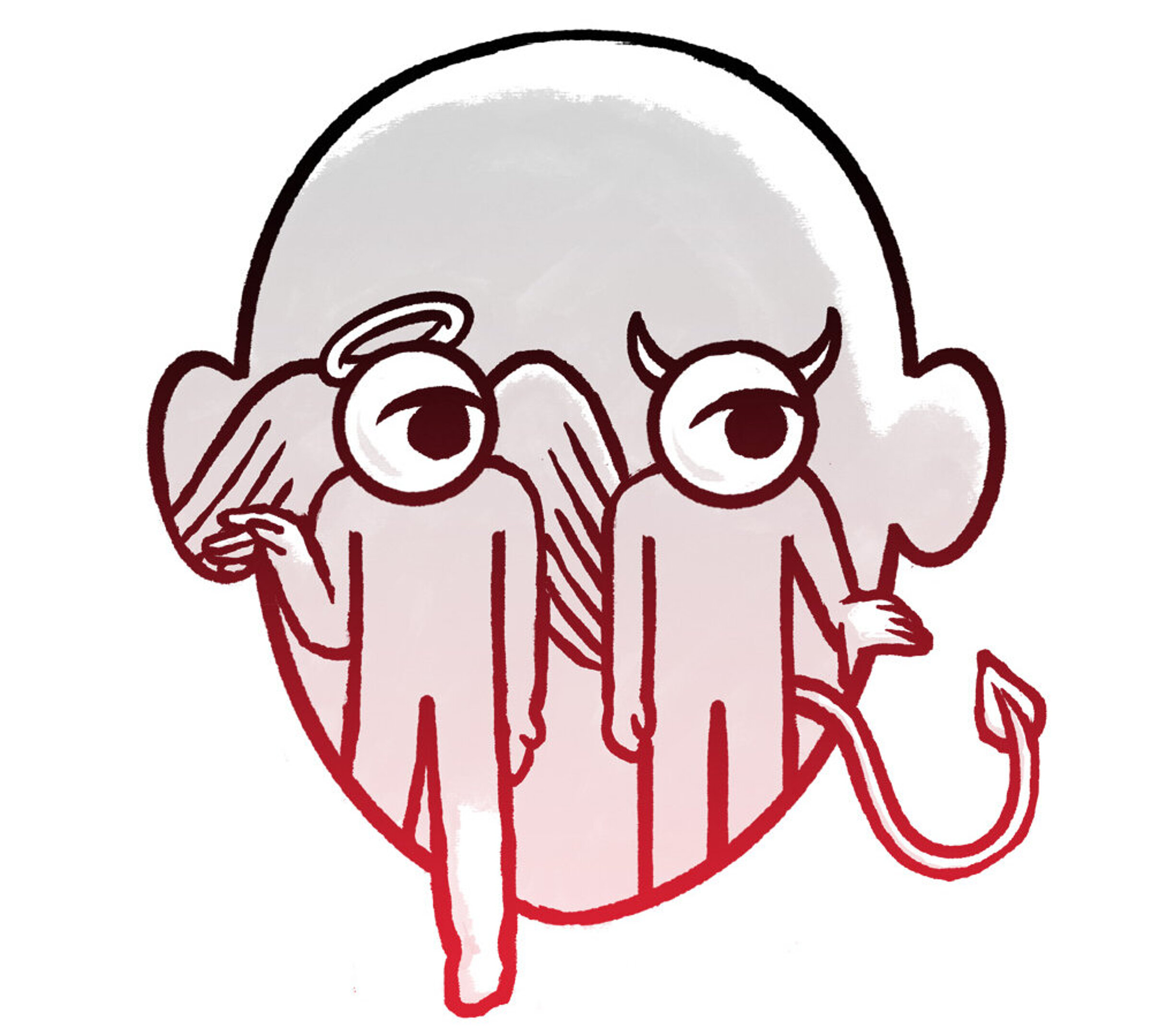Economists have a very long tradition of saying that all humans only really ever act in their own interests. This is only true to a certain extent. In any given situation, there are two forces imposed upon us: a partial one – “what is good for me?” and an impartial one – “what is morally the right thing to do?” Recognizing that we are moral creatures who are partially driven by ethics, allows us to design better institutions and policies.
Behavioral economics has revolutionized economics by introducing controlled experiments and building a broader framework, which allows morality and irrationality to be a motivation for human behavior. The “dictator game” is what really turned economics around. In this experiment, one of two participants, who do not know each other and who are not allowed to communicate, is given money and asked to decide whether they want to keep it or share it. Typically, around 30 percent of the participants take everything for themselves, but the larger proportion of participants decides to give something to the other person. This is obviously a very basic scenario, so we enrich the experiment and make up different reasons for inequalities and then observe how people react.
One key moral motivation for human behavior is fairness. People refer to fairness all the time; they perceive certain inequalities as fair but others as unfair. In my research, I look at this plurality of fairness perceptions and how they differ across a society and between societies. For example, I am working with the Norwegian tax authorities to prevent tax avoidance. What taxpayers believe about other taxpayers is extremely important, for example, whether they believe other taxpayers are cheating. Our studies have shown that better communication on these topics can reduce tax avoidance.
In Berlin, we are designing experiments in which some people work harder and others not so hard. An impartial third person has to decide how money is distributed between them. Should inequality be accepted due to their performance? What if one is given worse opportunities? In a global study in 60 countries, we have observed that people in developed countries have a very strong acceptance of inequality due to performance, while in many developing countries, people also accept inequalities due to mere luck. Accepting inequality based on performance is very conducive to economic growth – it clearly incentivizes people to make an effort.
The issue of poverty is close to my heart. I am a rich person in one of the richest countries in the world in the richest period in the history of humankind. This raises fundamental questions. Whether a person is born into a poor or a rich family makes a huge difference. But if a society agrees that inequality based on factors that are beyond the individual’s control is unfair, it can design policies that avoid such unfair inequalities. And this would actually contribute towards building a better world.


